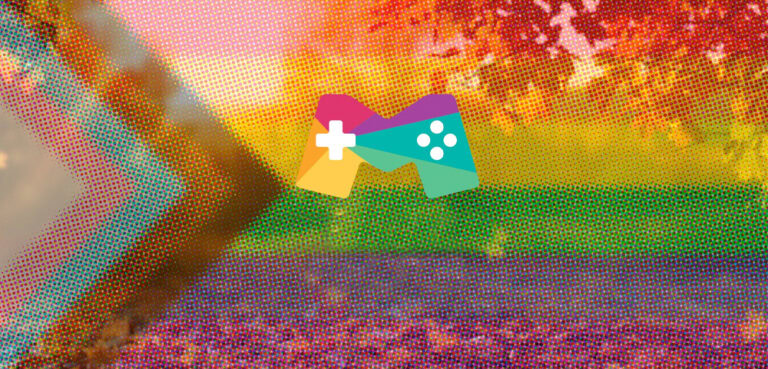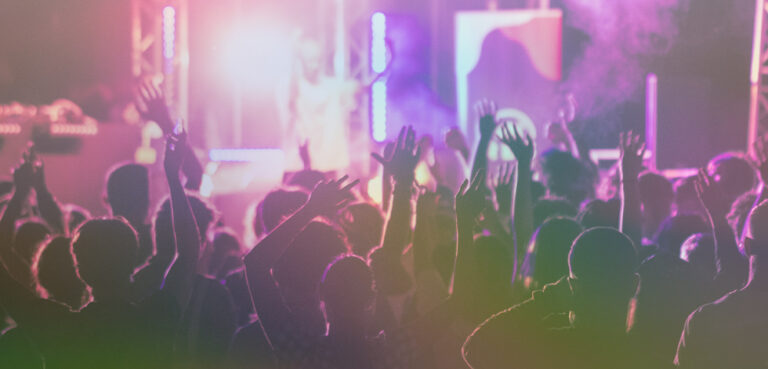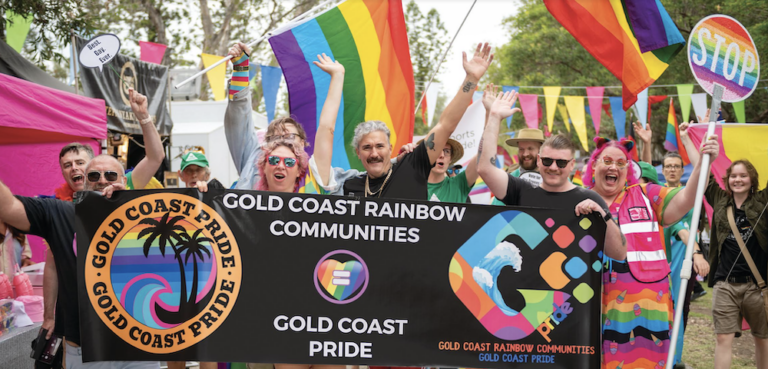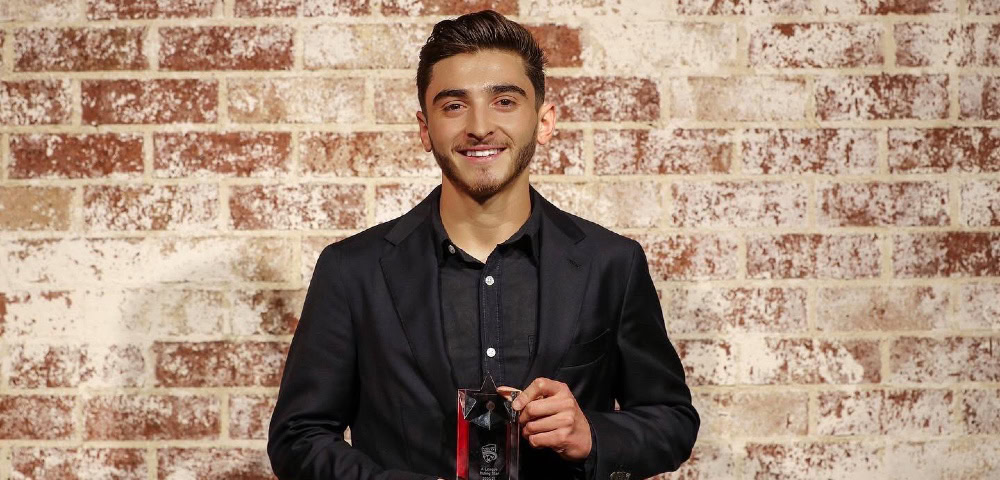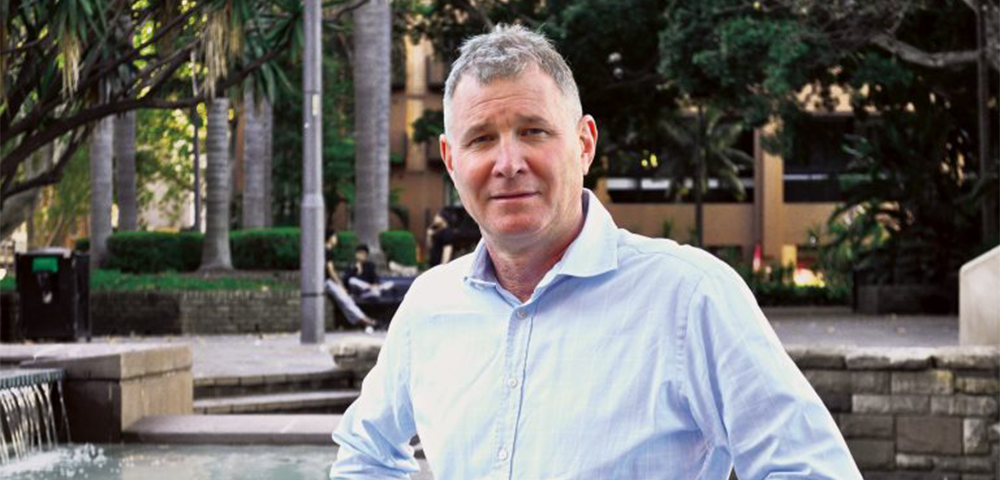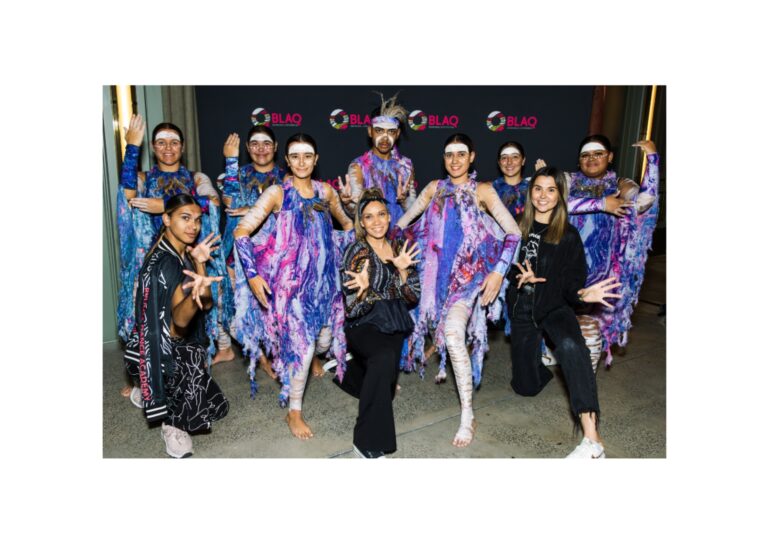
Survey Finds Approximately 9% Of Adults Across The World Identify As LGBTQ+
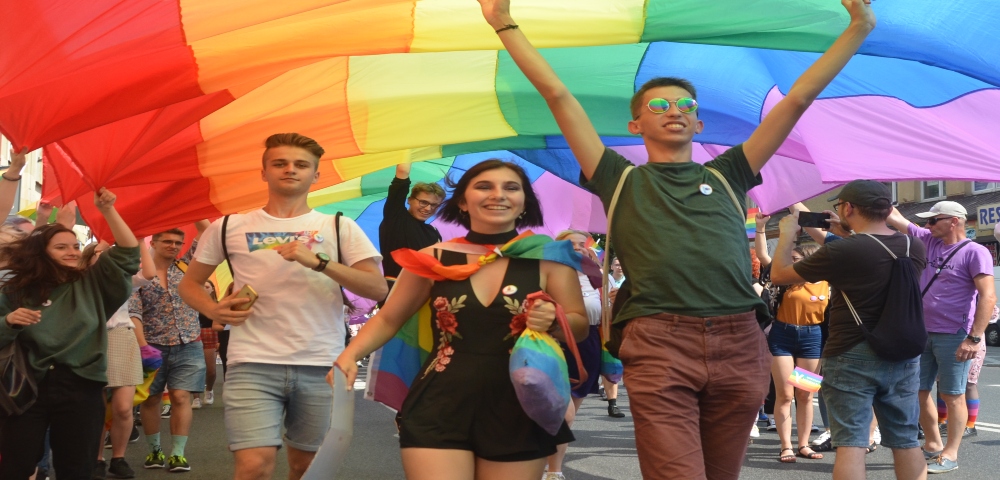
A new survey has found that over 9% of adults throughout the world identify as LGBTQ+.
Reaching out to more than 22,514 individuals across 30 countries, a poll from multinational market research company Ipsos revealed a wide range of data, including prevalent age groups among queer bodies, nations with the highest queer population, and places with significant rates of LGBTQ+ support.
“An average share of 9%”
Senior Vice President of Research and Communications at Ipsos, Nicolas Boyon, told US-based news outlet CNN that many common factors were identified between countries, including “widespread respect for LGBTQ+ rights because more people have interactions with them.”
“Globally, we see an increase compared to two years ago in the proportion of people who have a relative or a friend or a coworker, who is either gay or lesbian, or bisexual or trans or non-binary,” he said.
Indeed, survey findings reveal that while it differs across individual countries, a broad understanding of “LGBTQ+ visibility” is up throughout the world. It finds, on average, that 1 in 2 adults have a “relative, friend, or colleague” who is gay or lesbian, 1 in 4 who is bisexual, and 1 in 8 who is trans, non-binary, gender non-conforming, and/or gender-fluid.
10% Of Australian Adults LGBTQ+
It also uncovers that adults in the Gen Z range – those born after 1997, are “twice as likely” as their Millennial counterparts to identify as queer and in the LGBTQ+ categories.
Globally, Australia ranks in the top half of counties by LGBTQ+ population, with a net 10% of its adults aligning with a queer identity in some way. Brazil ranks the highest at 15%, followed closely by Spain (14%), and Switzerland (13%).
A widespread increase in visibility and population also emerges a general uptick in support for LGBTQ+ rights.
Assessing attitudes against workplace, business, and housing discrimination for transgender people, for instance, the survey finds that the vast majority of individuals held the same view, with 67% agreeing that transgender people face at least “a fair amount of discrimination” and 76% agreeing that “they should be protected from discrimination in employment, housing, and access to businesses.”

